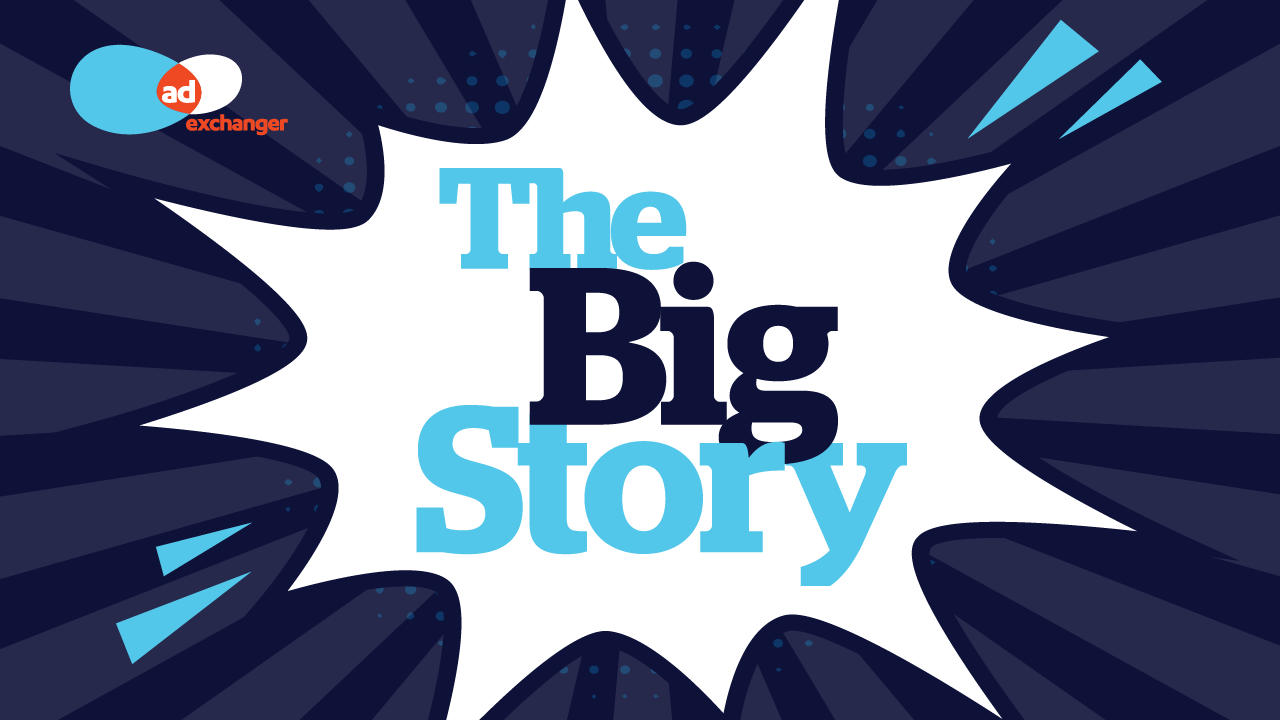
The Big Story is a breezy podcast featuring a roundtable of AdExchanger editors talking about the biggest stories from the past week. It is available wherever you subscribe to podcasts.
With the midterms over and the recounts – where applicable – just beginning, the AdExchanger team looks at the redemption of polling data after a disastrous 2016 performance. Remember how The New York Times election tracker arrow confidently predicted a Hillary Clinton victory before slowly and reluctantly pointing toward Trumplandia?
This year, the polls were more accurate, with aggregators like FiveThirtyEight collecting the tea leaves and correctly anticipating that the House would flip to the Dems and the Republicans would retain control of the Senate. But is it safe to place your faith in survey data again?
This week on “The Big Story,” we look at how the application of polling data has changed over the past two years and why, this time, it was a better predictor of the final results. Between trolls and landline users, pollsters are at least more aware of variables that can throw off their predictions.
Also this week, the team looks at the political advertising strategies that led up to Tuesday’s moment of truth. It’s perhaps too early to tell if all that advertising worked, but AdExchanger had previously reported that some Democratic strategists worried that the party was once again overlooking digital media.
While Obama – remember those days? – successfully used digital to collect data on his supporters, the current Democratic strategy hasn’t evolved much beyond that. Meanwhile, the Republicans have seriously leveled up. We compare how the Republicans and Democrats used digital media – and whether the Democrats will step up their game.
And finally, we check in with Verizon’s Oath, as it was once known. Verizon rebranded Oath Monday into the far more prosaic but less ridiculous-sounding Verizon Media Group. How does this rebrand position Verizon against AT&T? And, asking the big questions, with Oath becoming Verizon Media Group and Tronc becoming Tribune Publishing, have we finally reached the end of monosyllabic content companies?
This post was syndicated from Ad Exchanger.


More Stories
By the Book: How ‘The Fugitive’ Director and an Investigative Journalist Collaborated on 2024’s Timeliest Thriller
The Best Holiday Ads of 2024
The Year in Ratings: How the Major News Outlets Performed in 2024